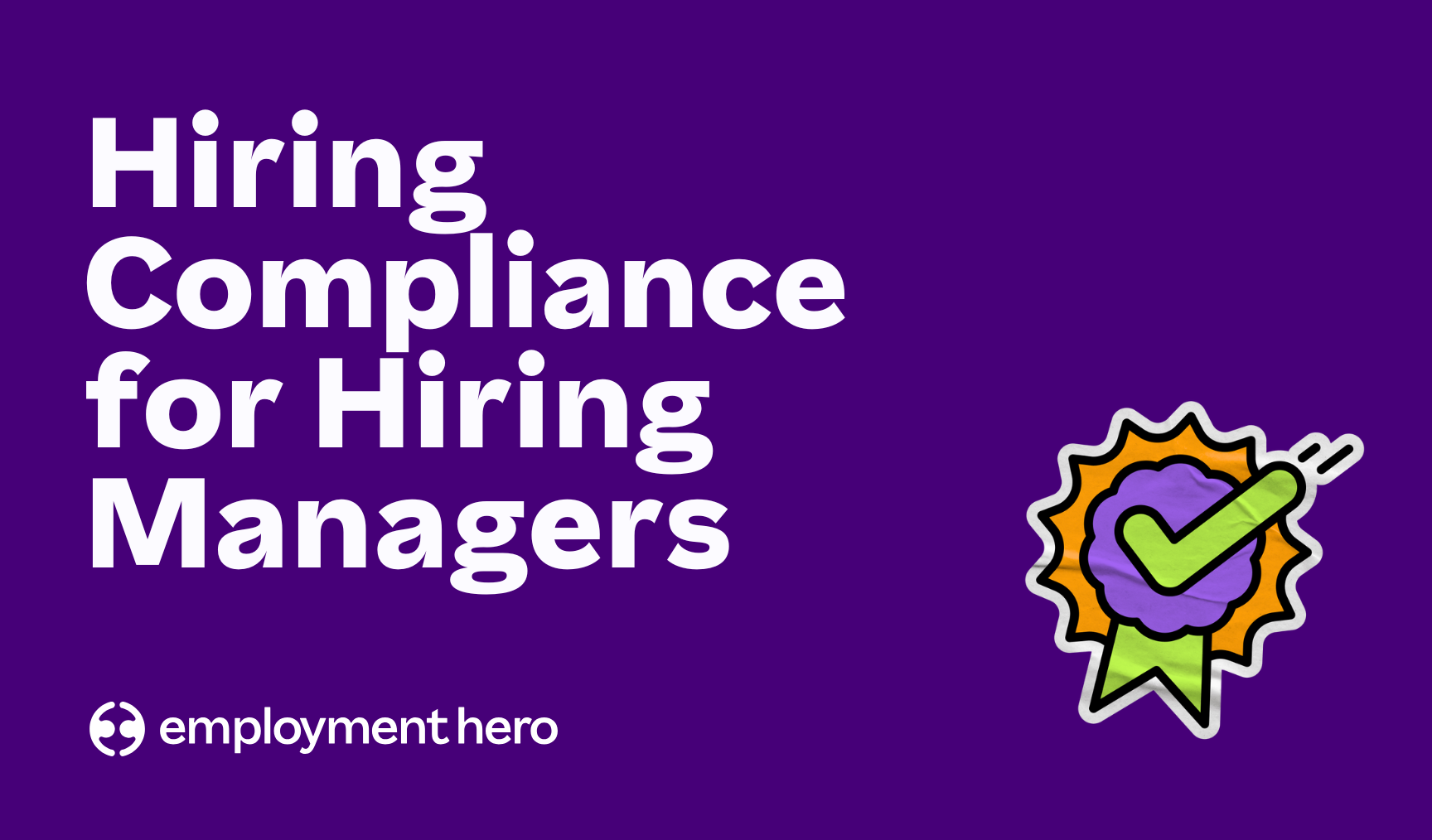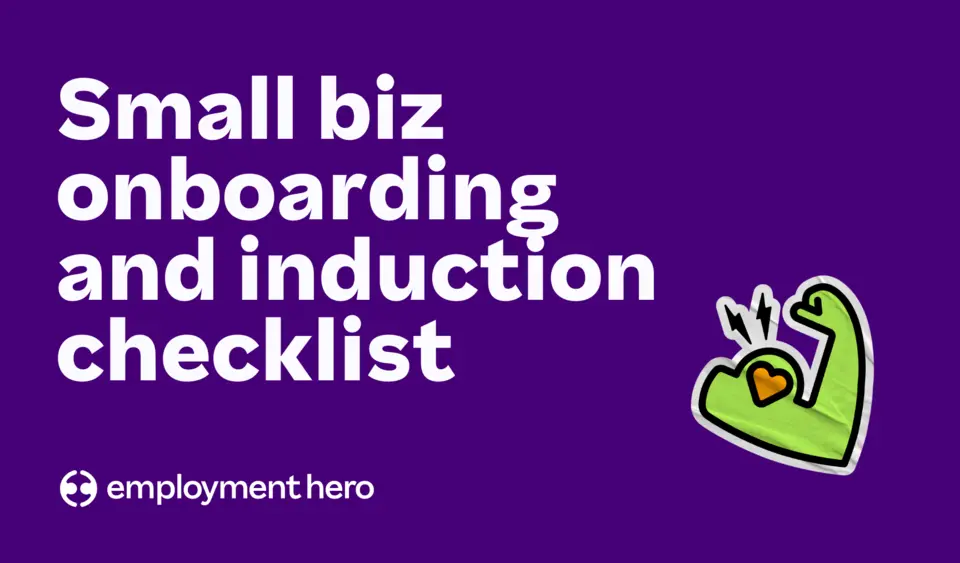Factsheet: New Zealand Holidays Act Amendments in 2023
Published
Factsheet: New Zealand Holidays Act Amendments in 2023
1 min read
The Holidays Act (2003) is a significant piece of legislation that has set the foundation of leave and payroll in New Zealand since its introduction in 2003. However, the wording of the Act and the many different stipulations have caused quite a lot of consternation amongst New Zealand based employers and outsourced payroll providers over the years. Many have misread or misinterpreted the guidelines and getting it wrong can be costly – companies can be fined up to $20,000 if they’re found to be non-compliant.
The previous Labour Government had proposed a raft of changes that failed to be enacted before the October 2023 election. However, the current Workplace Relations Minister has named the Holidays Act as one of her 2024 priorities, and has said that she’ll be reviewing the previous proposed changes through a public consultation in the coming months.
The factsheets attached detail the changes proposed by the Labour Government, which are therefore subject to change with a new Government in charge. We’ll keep you posted!
In the Employers’ version of this guide, we’ll cover:
- Ordinary Leave Pay (OLP) changes
- New leave entitlements
- Changes to PAYE for employees on a fixed-term contract
- The removal of the parental leave override on annual leave pay
In the Outsourced Payroll Providers’ version of this guide, we’ll cover:
- The current and proposed changes to Ordinary Leave Pay (OLP), leave entitlements, and more
- The impact on payroll providers and their software
- The importance of compliance confidence with the proposed changes
Download our factsheet now for an easy comparison of the current legislation versus the proposed changes, for both employers and those who run payroll on behalf of employers.
What is the NZ Holidays Act (2003)?
The Holidays Act (2003) covers all employees working in New Zealand. It’s designed to ensure that every employee gets the correct leave entitlements and are paid accurately and on time. The Act is administered by the Ministry of Business, Innovation and Employment.
What are the main requirements of the Act?
The key requirements that the Act asks of employers are:
- That all employers keep accurate records of their employees’ hours, pay and leave.
- That their employees can take annual leave, sick leave and bereavement leave when they are eligible.
- That their employees get paid leave on a public holiday, if they would otherwise be working on that day.
What are the main proposed changes to the NZ Holidays Act?
There are a number of proposed changes to the Holidays Act by the previous Labour Government – here are the main ones that will likely have the biggest impact on employers across New Zealand.
Annual holidays payments would be calculated differently
What is currently in place:
Annual holidays payments were previously paid at the greater of Ordinary Weekly Pay (OWP), or the average weekly earnings over the last 12 months.
What could change:
The proposed changes add one additional calculation – that annual holidays payments can also be paid at the average weekly earnings over the last 13 weeks.
Employees would be entitled to some types of leave sooner
What is currently in place:
This will be a big one for employers. Many types of leave in New Zealand require employees to have worked for their employer for a certain period of time before they can be taken.
What could change:
When it comes to annual leave, employees are entitled to four weeks after 12 months of employment with their employer. For family violence leave, bereavement leave, alternative days, public holidays, and sick leave, employees need to have worked for at least six months with their employer.
Under the new changes, employees will be entitled to these types of leave from their first day of employment. Annual leave will be permitted in the amount they would be eligible for on a pro rata basis.
Pay as you earn (PAYE) details would be clarified
What is currently in place:
There has been some confusion in the past over how PAYE applies to ‘intermittent’ or ‘irregular’ work.
What could change:
The new recommendations will have a clearer definition of this type of employment. Employers also won’t be able to pay PAYE for employees on a fixed term contract of less than 12 months.
Parental leave would no longer affect annual leave pay on return to work
What is currently in place:
At the moment, every employee who takes parental leave receives reduced annual leave pay for 12 months following their return to work. This is known as the ‘parental leave override’.
What could change:
Under the suggested changes, this override will be scrapped and returning employees will be paid the full rate for annual leave.
Key takeaways from the Holidays Act changes
These changes will hopefully reduce a lot of the confusion that New Zealand employers have felt since the Act’s introduction in 2003. The consequences have been expensive – between 2012 and 2020, 227,300 employees received arrears from their employers as a result of non-compliance. Those arrears as ordered by the Labour Inspectorate totaled a staggering $237 million NZD.
For employers, adapting to the proposed changes might take some initial work but overall it should reduce the risk of non-compliance in the long term. This benefits both employers and employees.
How can employers prepare for this change to leave entitlements?
The first thing is to be across the changes – so if you’re on this page, you’re making a good start! The full list of changes can be found on the Ministry of Business, Innovation and Employment’s website. Make sure and familiarise yourself with how they will change your current processes and what you’ll need to consider when it comes to allocating leave and pay.
Preparation is key. With the exact date of these changes still unconfirmed, you don’t want to be in a panic when they do roll around. Understand how you’ll enact the changes across your business when they arrive.
Using payroll systems to streamline Holidays Act changes
This is a good time to start looking into payroll systems as a way to automate your payroll and keep it up to date. Many payroll software providers, including Employment Hero Payroll, will automatically roll out the proposed changes to the Holidays Act across their systems. This means that you won’t have to make any changes on your end to ensure your payroll is up to date when the amendments become law. It’s great for peace of mind and important support as you work to keep your business compliant.
Don’t forget – if a payroll system includes leave management, those systems will be able to update the correct leave allocations. That way, employees can see an accurate picture of what they are currently eligible for. Handy, right?
Find out how Employment Hero Payroll can help you stay on top of the upcoming Holidays Act changes.
Disclaimer: The information in this article is current as at 21 July 2023, and has been prepared by Employment Hero Pty Ltd (ABN 11 160 047 709) and its related bodies corporate (Employment Hero). The views expressed in this article are general information only, are provided in good faith to assist employers and their employees, and should not be relied on as professional advice. The Information is based on data supplied by third parties. While such data is believed to be accurate, it has not been independently verified and no warranties are given that it is complete, accurate, up to date or fit for the purpose for which it is required. Employment Hero does not accept responsibility for any inaccuracy in such data and is not liable for any loss or damages arising either directly or indirectly as a result of reliance on, use of or inability to use any information provided in this article. You should undertake your own research and to seek professional advice before making any decisions or relying on the information in this article.
Related Resources
-
 Read more: Recruitment compliance do’s and don’ts: Hiring compliance for hiring managers
Read more: Recruitment compliance do’s and don’ts: Hiring compliance for hiring managersRecruitment compliance do’s and don’ts: Hiring compliance for hiring managers
Published 1 min read Having responsibility for a business’s approach to hiring can be daunting: how do you ensure all…
-
 Read more: Hiring Issues Holding You Back? The Business Owner’s Guide to Competing for Top Talent
Read more: Hiring Issues Holding You Back? The Business Owner’s Guide to Competing for Top TalentHiring Issues Holding You Back? The Business Owner’s Guide to Competing for Top Talent
Published 1 min read Hiring great people is one of the most powerful ways to grow your business – but…
-
 Read more: Dodge Thousands in Fines, Keep Great Staff: Onboarding Checklist
Read more: Dodge Thousands in Fines, Keep Great Staff: Onboarding ChecklistDodge Thousands in Fines, Keep Great Staff: Onboarding Checklist
If you run a business with under 10 staff, this onboarding checklist will help you get the most out of…










